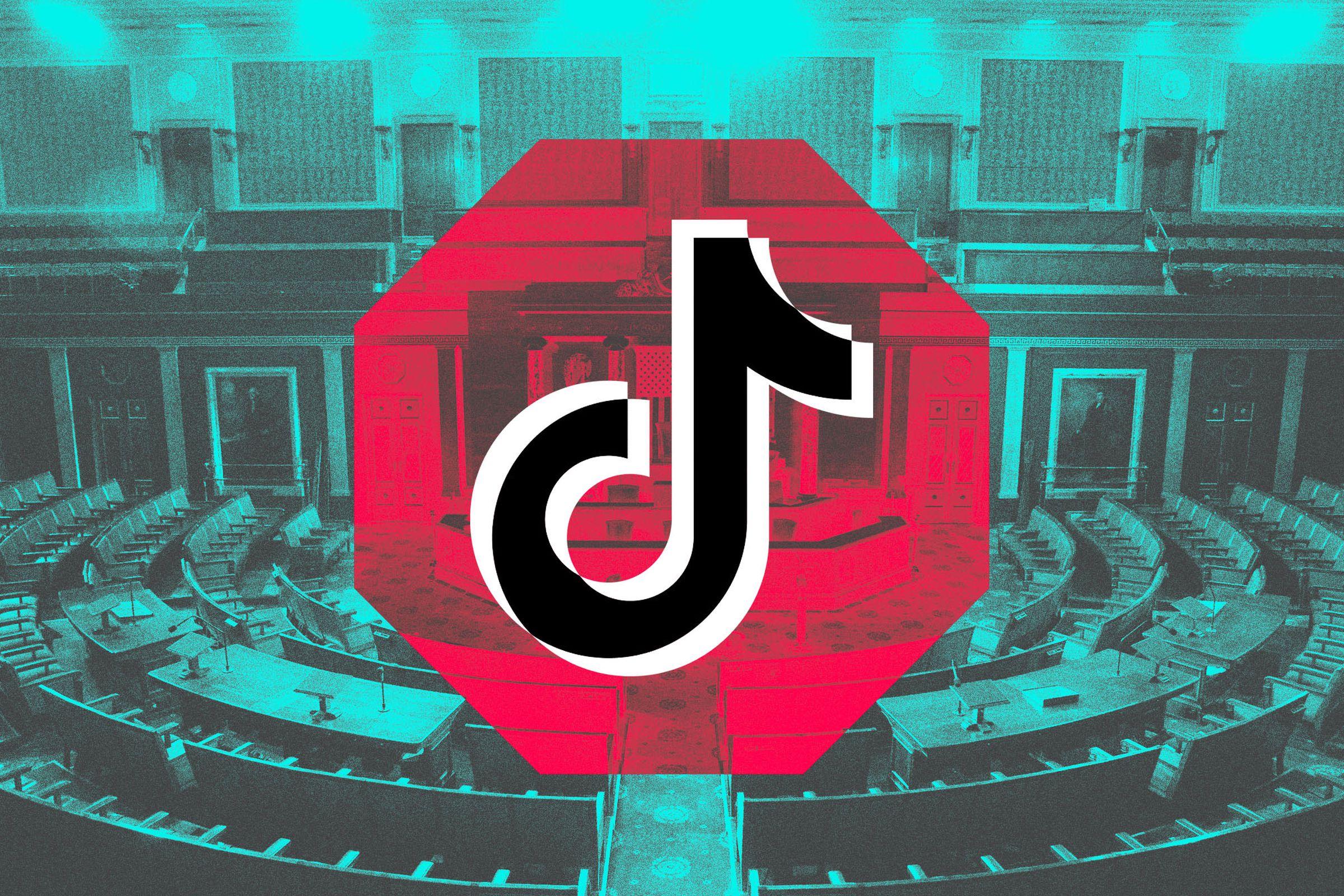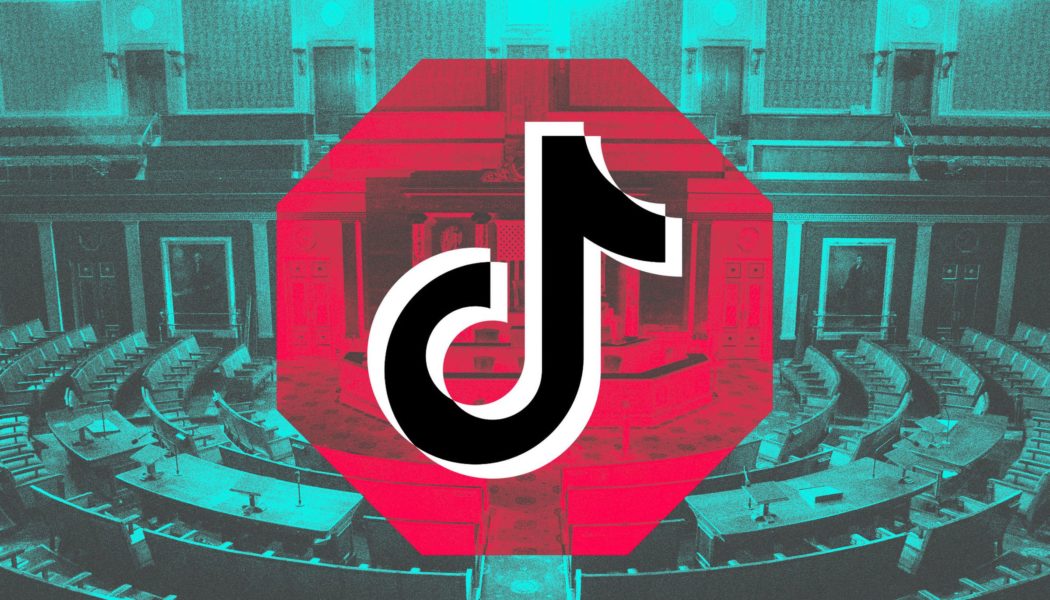The House is looking to pass a package of foreign aid bills that includes an updated version of the TikTok measure that already cleared the chamber.
Share this story

A bill that could oust TikTok from the US looked like it could linger for months in the Senate, even after the House overwhelmingly voted to approve it. But a move by House Speaker Mike Johnson (R-LA) could change that.
An updated version of the bill, which would enforce a ban of TikTok unless it divests from its China-based parent company, ByteDance, appears in a bill about sanctions on Russia and Iran. A separate bill that would prohibit data brokers from transferring US users’ information to foreign adversaries is also included. It’s part of a package on foreign aid to Ukraine, Israel, and Gaza. By combining the legislation, it could make the TikTok bill harder for the Senate to ignore.
The foreign aid bill still needs to be approved by the full House, but a vote is expected Saturday. After that, it would go to the Senate. President Joe Biden has already said he’d sign the measure into law if passed by both chambers.
Changes to the version of the TikTok bill that passed through the House are already winning the support of at least one key senator. The bill extends the timeline for a forced sale of TikTok from six months to nine and gives the president the discretion to extend that timeline another 90 days if there’s progress toward a deal.
Senate Commerce Committee Chair Maria Cantwell (D-WA) said in a statement on Wednesday night that she’s “very happy that Speaker Johnson and House leaders incorporated my recommendation to extend the Byte Dance divestment period from six months to a year. As I’ve said, extending the divestment period is necessary to ensure there is enough time for a new buyer to get a deal done. I support this updated legislation.” Cantwell had previously been noncommittal about the legislation, saying at the time of its passage in the House that she wanted to find “a path forward that is constitutional and protects civil liberties.” If moved on its own, the bill would need to pass through Cantwell’s committee before reaching the Senate floor.
The drive for TikTok to divest from its Chinese owner stems from the fear of US lawmakers and intelligence officials that China could access user information through the app or exert influence over Americans who spend hours on it each day. Part of the concern comes from a Chinese law that could compel companies based there to hand over internal information for the purpose of national security. But TikTok says it doesn’t store US user information in China.
The bill’s opponents worry it will have a chilling effect on US users’ speech and that it won’t hold up to legal challenges. Some say that a data privacy bill would better fix some of the controversies around TikTok.
“It is unfortunate that the House of Representatives is using the cover of important foreign and humanitarian assistance to once again jam through a ban bill that would trample the free speech rights of 170 million Americans, devastate 7 million businesses, and shutter a platform that contributes $24 billion to the U.S. economy, annually,“ TikTok spokesperson Michael Hughes said in a statement.









